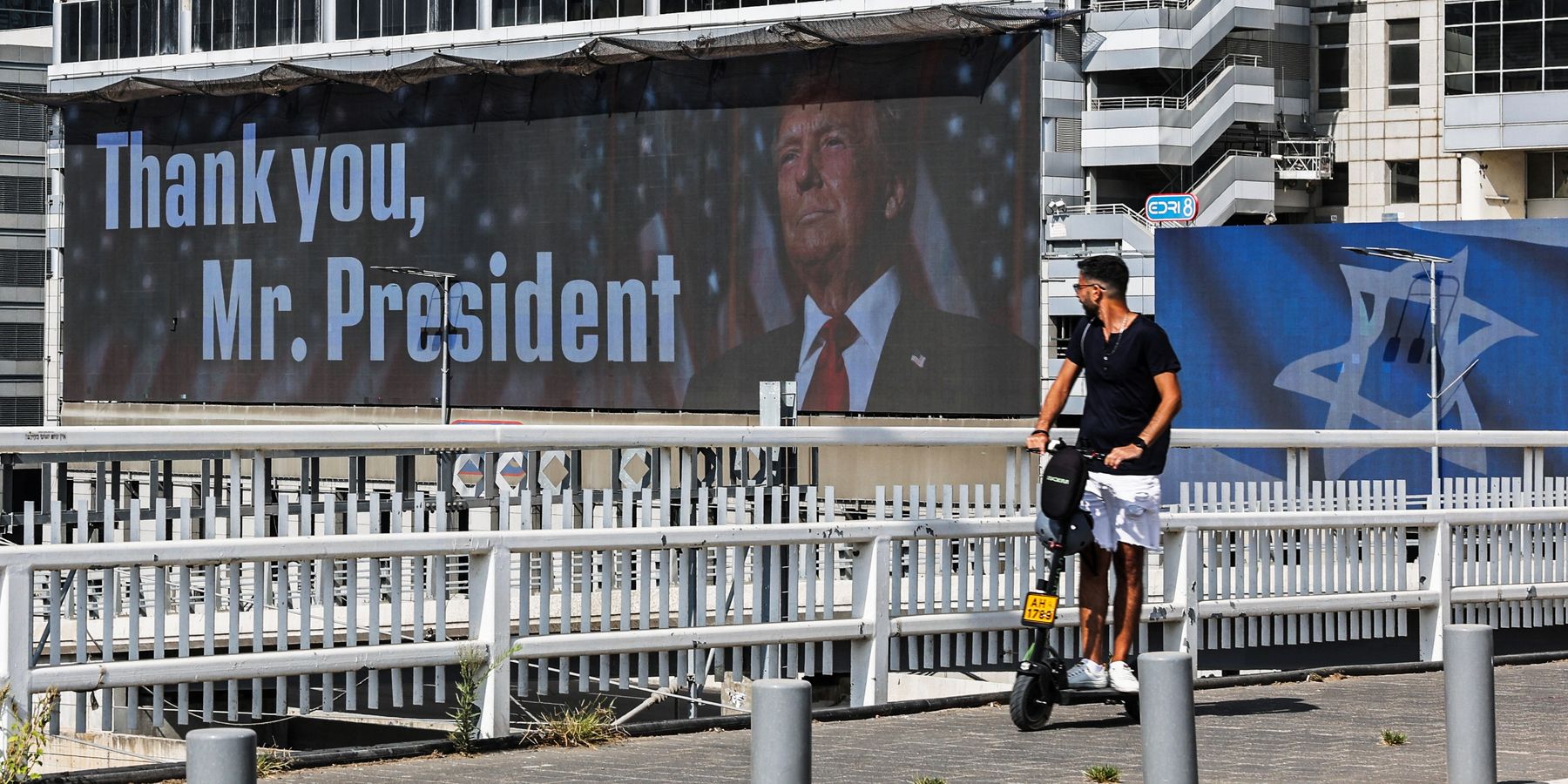With the decision to bomb three of Iran’s nuclear sites, President Trump has put the United States on a reckless path that risks another Middle East war — precisely the kind he repeatedly promised to avoid.
Even if the strikes achieved short-term tactical success, they have turned a challenge that could have been managed diplomatically into a military crisis. Hitting a few facilities will not dismantle Iran’s nuclear program; it will only push it further underground and harden Tehran’s resolve, closing the door on a negotiated agreement with monitoring mechanisms like those in the JCPOA —the deal Trump abandoned after taking office the first time.
The likely outcome is a reconstituted nuclear program pursued with greater determination to build a weapon. Rather than halting Iran’s progress, these so-called “precision” strikes could very well spiral into a much broader, possibly regime change-driven war.
Vice President J.D. Vance has claimed that the U.S. is “not at war with Iran, we’re at war with Iran’s nuclear program.” But even if that distinction is intended, launching strikes on Iran in coordination with Israel right in the middle of fragile nuclear negotiations that were only given two months to succeed, when meaningful diplomacy would require far longer, will be understood in Tehran as a broader act of aggression.
Coupled with incendiary rhetoric from some Israeli officials, it risks being interpreted not as a limited operation, but as a declaration of intent to dismantle the regime. President Trump’s praise of U.S.-Israeli teamwork in announcing the strikes makes Washington appear complicit in Israel’s wider strategy, including its ongoing assassination campaigns, and will only reinforce Iran’s belief that regime change is the end goal.
This escalation has endangered U.S. troops and diplomatic posts in the region — particularly in Iraq and Syria. The administration is once again mistaking short-term military impact for long-term strategic success, repeating the same hubris that followed the early weeks of the Iraq War and President George W. Bush’s ill-fated “Mission Accomplished” moment.
President Trump was not acting in a vacuum; he was warned by lawmakers and even thought leaders within his own movement about the consequences. Yet, his White House is diving into another volatile conflict without a plan for what comes next. This is not the end of a crisis — it is the beginning of something far more dangerous.
Lawmakers like Speaker Mike Johnson may insist that the U.S. was facing “imminent danger,” but the facts tell a different story. Both the International Atomic Energy Agency (IAEA) and Trump’s own Director of National Intelligence, Tulsi Gabbard, concluded that Iran was not actively racing toward a nuclear weapon. The narrative of an urgent threat from weapons of mass destruction echoes so clearly the lead-up to the Iraq War that the parallels are impossible to dismiss.
This isn’t a tired cliché — it’s a grim chorus of history repeating itself, not as farce, but as another willful march toward unnecessary war.
The lesson for the Iranian government, whether it is too late or not, will be that they should have pursued a nuclear capability faster and more secretly, a lesson that will be observed by other regimes around the world. This should be a chilling realization for the international community.
Some analysts may mistakenly believe that this strike, alongside past actions like the assassination of Quds Force commander Qassem Soleimani, adds credibility to President Trump’s future threats and strengthens his hand in nuclear negotiations with Iran. But that view ignores a fundamental reality: like all countries, Iran has domestic politics. If its leadership is seen as capitulating to U.S. and Israeli aggression, it risks internal collapse.
By boxing Iran into a corner, Trump hasn’t increased diplomatic leverage — he’s made meaningful negotiation nearly impossible. He may celebrate this as a show of strength, but it’s shortsighted. Iran was already at the negotiating table, and now, the message to other adversaries may not be to concede under pressure — but rather to develop credible deterrents to avoid becoming the next target.
The deeper tragedy is that President Trump had a real opportunity to broker a strong nuclear agreement with Iran. As a second-term president, he had both the political freedom and even some bipartisan support to pursue a broader, long-term deal — one that might have eventually laid the groundwork for normalized relations.
Instead, he chose confrontation over diplomacy, goaded on by interventionist lawmakers like Ted Cruz and those who have long pushed for regime change far beyond the nuclear issue. What could have been a landmark diplomatic achievement has now become just another step toward prolonged conflict.
It is, of course, not too late to change course, though recent U.S. actions have made diplomacy far more difficult, and Iranian retaliation is almost certain. Still, making clear that a negotiated deal remains on the table is better than not offering one at all.
The problem, however, is that Iran now has little reason to trust the United States, many incentives to pursue a nuclear deterrent — which it likely still can — and few motivations to agree to any new deal. Worse, the calls for regime change may only grow louder as a result leading to a war that is even more destabilizing than the Iraq war.
- Israel is luring the US into a trap ›
- Trump: We 'obliterated' Iran's nuclear program, and now, 'peace' ›
- Reports: Iran attacks US bases in Qatar, Iraq | Responsible Statecraft ›
- Israel and US have chosen war, unleashing fresh economic pain | Responsible Statecraft ›

















